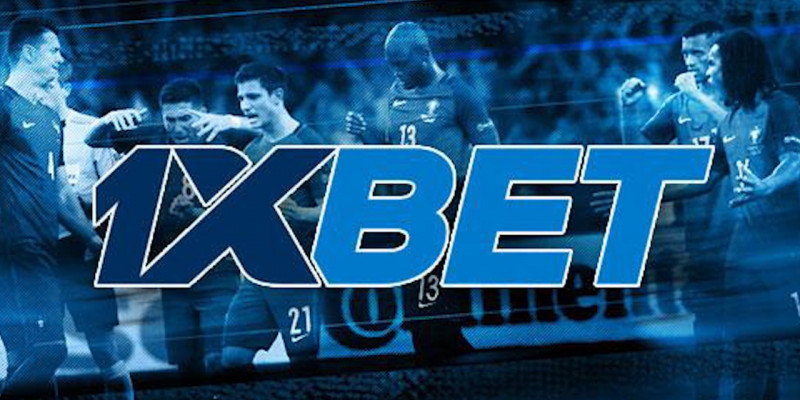
As competitive gaming matures into a mainstream spectator sport, esports betting has grown into a complex ecosystem that blends traditional wagering concepts with data-driven strategies and game-specific knowledge. For newcomers and experienced bettors alike, understanding the nuances of different titles, markets, and platforms is essential. For example, learning about alternative gaming products like esports betting plinko singapore can offer context on how varied the broader gaming and betting landscape has become.
What makes esports distinct from traditional sports in the betting world is the pace of evolution: patch changes, roster swaps, and meta shifts can dramatically alter team viability overnight. Popular titles such as League of Legends, Dota 2, Counter-Strike 2, and Valorant each present different market structures. MOBA titles (League, Dota) often involve longer matches and complex objective-based play, favoring markets like match winner, map winner, first blood, and specific objective bets. FPS games (CS2, Valorant) provide more frequent rounds and discrete statistics—round winners, pistol rounds, map handicaps, and player-specific markets.
Successful esports betting combines domain expertise with disciplined bankroll management. Start by defining a staking plan: decide on a unit size (typically 1–3% of your total bankroll per standard bet) and adjust based on confidence and expected value. Value betting—wagering when your estimated probability of an outcome exceeds the implied probability represented by the bookmaker’s odds—is the foundation of long-term profitability. That requires independent assessment: watch matches, study statistics, and follow roster and patch news to refine your models.
Data matters more than ever. Public resources, match histories, player statistics, and advanced analytics platforms help bettors estimate win probabilities. Machine learning models and Elo-style rating systems are popular among serious bettors, but even simple trend analyses (recent form, map pool performance, head-to-head history) can provide an edge. Remember that overfitting to a small sample of games is a common pitfall—prioritize robust, explainable indicators and continuously validate your assumptions against real results.
Bookmaker selection is another crucial factor. A good esports bookmaker offers deep markets across multiple titles, competitive odds, quick in-play markets, transparent rules, and reliable customer support. Compare odds across several operators to identify value and exploit odds discrepancies. Beware of suspiciously high limits, unusual bet restrictions, or delayed payouts—these are red flags. Licensed operators in regulated jurisdictions generally provide greater consumer protection, while smaller offshore sites may offer attractive promotions but carry higher risk.
In-play betting can be lucrative in esports because momentum shifts and visible in-game events allow quick re-evaluation of probabilities. Live markets require speed and focus: monitor the match closely, and avoid emotional chasing after losses. Use stop-loss rules and respect your staking plan even in the heat of a live event. Streaming delays and feed latency create opportunities and hazards; only bet on live markets you can follow in real time or where you trust the provider’s live update cadence.

Market integrity is a persistent concern in esports. The community’s history includes incidents of match-fixing, skin gambling scandals, and unauthorized third-party betting. Major tournaments and organizers now implement anti-corruption measures, and many bookmakers limit stakes on lower-tier matches where integrity risks are higher. Due diligence matters: avoid betting on obscure matches with limited coverage, and pay attention to integrity statements from tournament organizers. Reporting suspicious activity to authorities and platforms helps protect the ecosystem.
Promotions and bonuses are common across esports betting platforms but require caution. Free bets, deposit matches, and enhanced odds can boost returns if used wisely. Read the terms: rollover requirements, maximum withdrawal limits, and eligible markets vary widely. Bonuses that force you into unfavorable markets or inflated wagering requirements are often not worth the apparent advantage. Use promotions strategically to try new markets or reduce variance, never as a substitute for sound strategy.
Payment methods matter for convenience and security. Reputable sites offer a variety of deposit and withdrawal options—credit card, e-wallets, bank transfer, and increasingly, cryptocurrencies. Check fees and processing times, and ensure ID verification procedures are reasonable. Protect your account with strong, unique passwords and two-factor authentication whenever possible. Responsible operators also provide self-exclusion tools, deposit limits, and reality checks to keep gambling sustainable.
Psychology and discipline differentiate winners from recreational bettors. Avoid tilt, overconfidence after a streak of wins, and confirmation bias when evaluating teams. Keep a betting journal: record stakes, odds, rationale, and outcomes to analyze performance objectively. Periodic review helps identify strengths and recurring mistakes. Networking with informed communities—forums, analysts, and social media—can expose you to diverse perspectives but apply skepticism and cross-check claims.
Regulatory trends are shaping the future of esports wagering. As governments and regulators take a more active role, expect stricter licensing, age verification, and advertising restrictions in many jurisdictions. Regulation aims to protect consumers but may also fragment markets and affect where operators can offer services. For bettors, this typically means safer platforms but potential limitations on promotions and product range.
Finally, treat esports betting as a skill you develop over time. Combine solid bankroll management, careful bookmaker selection, continuous learning about game mechanics and meta changes, and data-driven evaluation. Prioritize reputable platforms, understand the legal framework in your jurisdiction, and participate responsibly. The interplay of analytics, game knowledge, and disciplined risk management can make esports betting both intellectually engaging and, when approached carefully, potentially rewarding.
Để lại một phản hồi